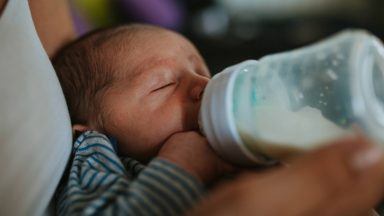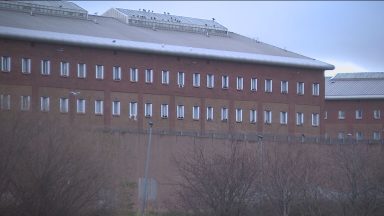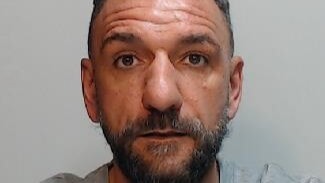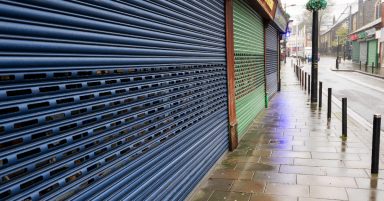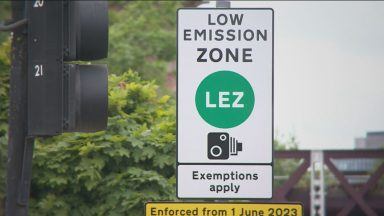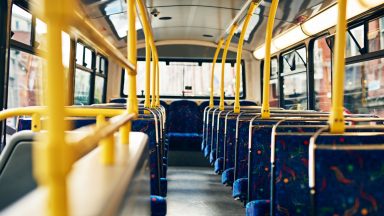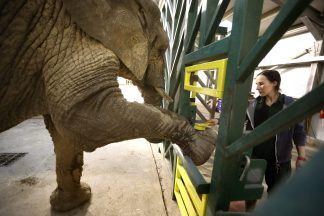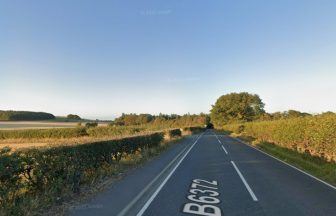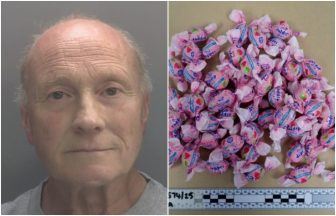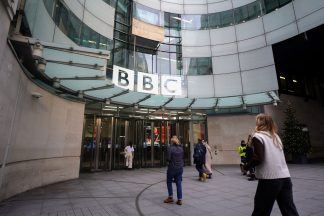An Edinburgh City Council report into racism in its schools has found there is “no culture of racism” – despite finding numerous incidents of racist abuse from both students and teachers.
Some of the allegations include pupils being called “monkeys” and “slaves”, and being told to “go home” by fellow students, and that racial stereotypes were perpetuated by staff using words like “gang” or “tribe” to refer to groups of BAME (black, Asian and minority ethnic) students.
In one school, pupils alleged the use of the N-word was tolerated by staff.
Several teachers across the capital’s schools have been implicated by the report, and management reviews are said to be ongoing, although no disciplinary action has been taken.
Despite insisting that a culture of racism does not exist in the local authority’s schools, the report, presented at a meeting of the council’s education committee on Tuesday, found that at some schools the processes to report racism are ineffective, the management of racist incidents is ineffective, and the schools’ cultures are not “sufficiently” supportive of BAME pupils.
The majority of the investigation centred on two schools – St Augustine’s RC
High School and Holy Rood RC High School – however Craigmount, Drummond and Firrhill high schools were also investigated.
At St Augustine’s, the investigators found that when racially motivated incidents take place, the incidents are not followed up or insufficient action is taken.
Complainants also pointed to the banning of cultural headwear as problematic. In particular, complainants said the banning of durags was targeted towards young BAME students.
The St Augustine’s report said: “The culture and ethos of the school was frequently referenced by pupils throughout their testimonies.
“Examples from both BAME and white pupils referred to different approaches used by staff to maintain good order and discipline.
“Pupils’ perceptions were that black young people who congregated in areas were labelled differently and treated differently, being asked to move on more than their white peers.
“Staff refuted these allegations claiming that all pupils were treated the same.”
At Holy Rood RC High School, the majority of complaints centred on the school’s response to racist incidents, with a number alleging the school enabled racism through inaction.
The Holy Rood High School report said: “The investigation considered testimonies from pupils that they were made to feel that they were to blame when making a complaint or reporting an incident.
“As such, many pupils stopped making complaints or reporting incidents because they felt that their complaints or the incident would not be taken seriously.
“From interviews and the collated evidence, our conclusions are that some potential complainants stopped reporting racist behaviour to avoid conflict with the school.”
However, the investigators stopped short of asserting the school enables racism, saying “the school has taken steps to ensure that racist language is not tolerated and that complaints are handled sensitively and appropriately”.
At Craigmount High School, pupils alleged that racist behaviour by students was not being followed up or taken seriously by staff, and that use of the N-word was tolerated.
The Craigmount High School report said: “Although the school was able to demonstrate reasonable actions to develop antiracism over the years preceding the complaints, the actions had not resulted in a fully developed anti-racist perspective for all.
“The school accepted that more work needed to be done in terms of decolonising the curriculum and providing effective support to those who have suffered racism.”
Just one complaint was received from a pupil at Drummond Community High School, which described incidents involving pupil-on-pupil racism.
The complaint went on to say that racism was tolerated in the school, through the condoning of racist language in reference to the complainants.
The Drummond High School report said: “The investigation established that, overall, processes to report racism are clear in Drummond Community High School.”
At the meeting of the council’s education committee, where the report was presented, Southside and Newington councillor Alison Dickie said: “I’d just want to say the word sorry to those young people who experienced racism in our schools because I think that absolutely needs to be said.
“And although we see an action plan, and lessons learned, and it’s clear we’re going to create anti-racist cultures, for young people listening they might just think ‘what’s the point if we can’t see any accountability for staff or pupil action?’
“What reassurance can you give those young people?”
Hakim Din, an independent equalities and education specialist who was hired by the local authority to guide the investigations, said: “In terms of reassurance – the first thing that comes to mind is that the council has taken all of the complaints seriously.
“The point that came through from the young people was that no one was listening, so what this report, and what the council has done, is listen to every young person and fed back to them individually and reassured them that if you have a complaint, come forward and have confidence in us as we are listening.”
Mr Din said there’s “always racism in schools” along with bullying.
He added: “But it’s how you tackle that racism, it’s how you then assure that staff, pupils and parents are confident that they have the ability to make sure that racism gets less and less.
“During our investigation, it isn’t just the outright racism, it’s the micro-aggressions – the daily actions that slowly build up and build up, and sometimes staff can’t recognise it and sometimes pupils can’t recognise it.”
Miguel Chui, an ex-pupil at St Augustine’s High School who compiled a dossier of 40 complaints from pupils, has been a vocal critic of the school’s handling of racism complaints.
Following the debate, he paid tribute to the bravery of the complainants who came forward, saying: “Following today’s discussion at the education committee meeting, I feel that I can draw a line under what has been a long and difficult process for all those involved.
“I acknowledge the apology from the councillors.
“We’ve still got a long way to go, but I do welcome and support the council in their work moving forward.
“I thank the public for their support, and most importantly, the pupils themselves for their bravery and courage in coming forward to share their stories.”
By local democracy reporter Joseph Anderson
Follow STV News on WhatsApp
Scan the QR code on your mobile device for all the latest news from around the country


 Pixabay
Pixabay





